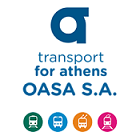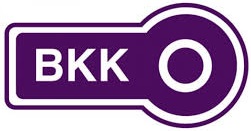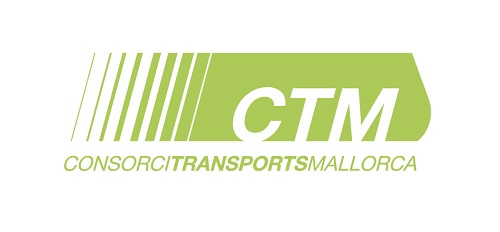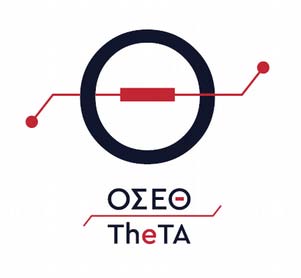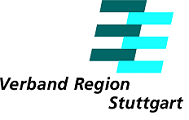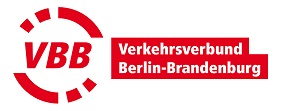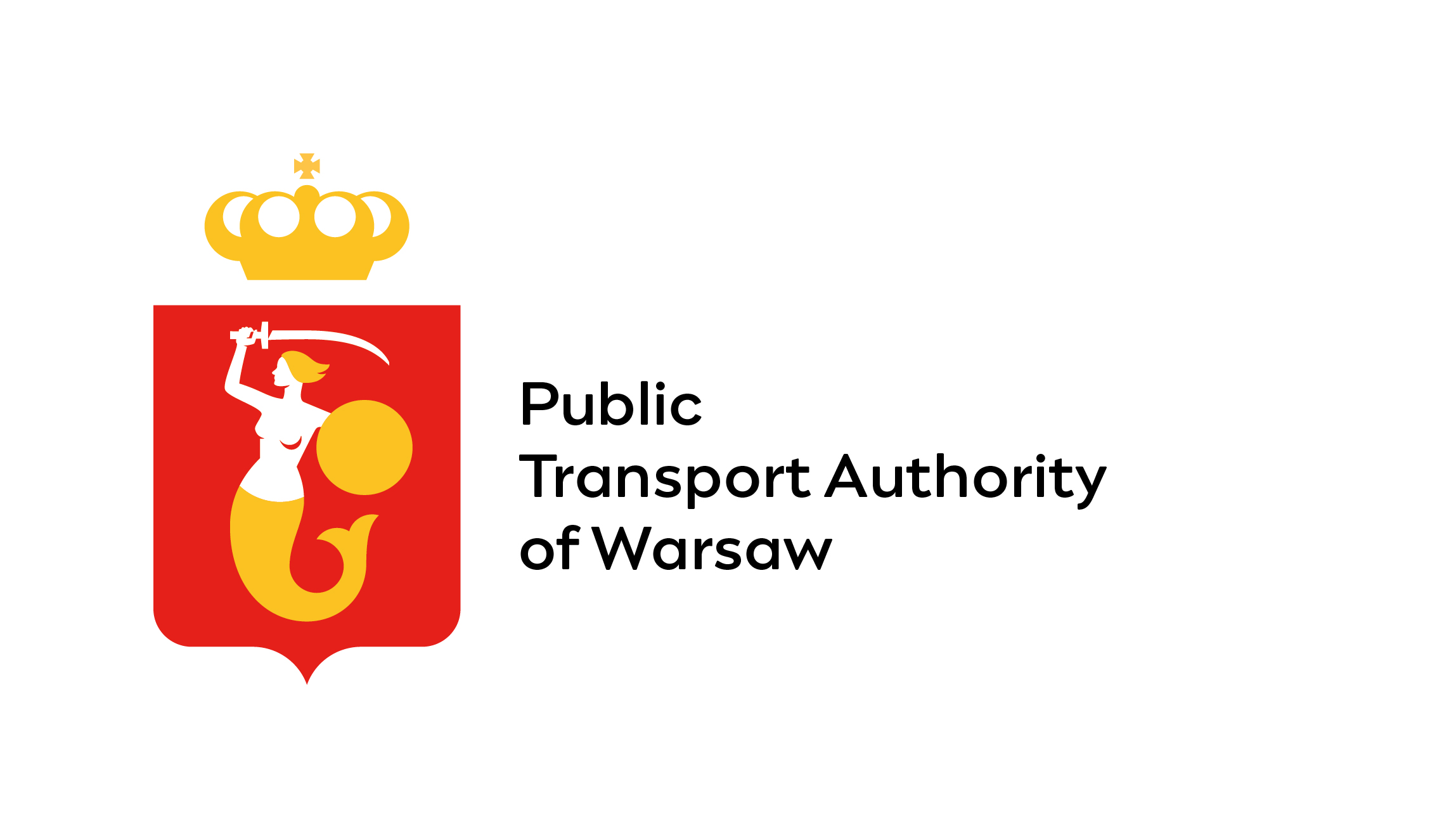Latest changes on emta.com
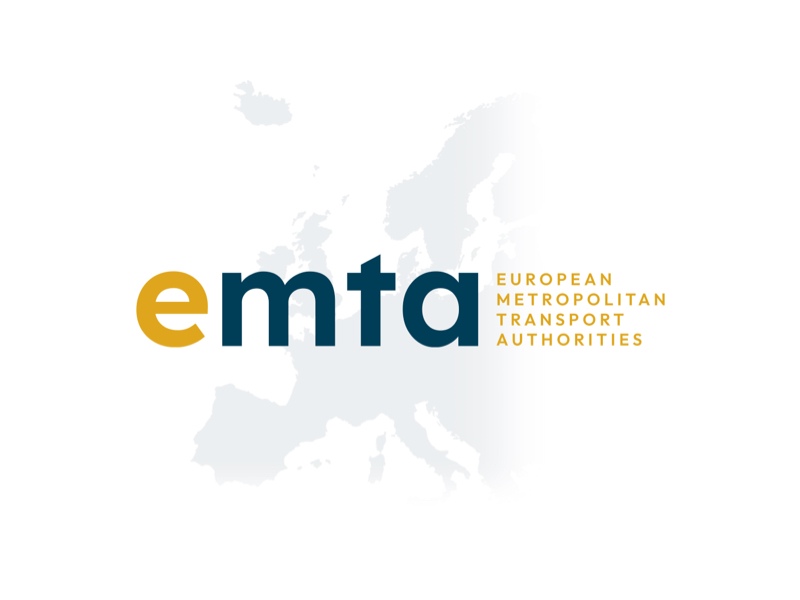
Towards a European strategy for sustainable urban environment
The European Commission adopted on 11 January a Communication (COM(2004)60) setting out its ideas for the Thematic Strategy on the Urban Environment due in summer 2005. In this document, that is being submitted to a widespread consultation, the Communication sets out the problems and challenges facing Europe’s urban areas, focusing on 4 priority themes :

Carris : reduced financial losses and transfer to the cityof Lisbon in the pipe
Carris, the state-owned company operating the bus, tramways and funiculars of the Portuguese capital city expects losses of €6 million in 2003, after a record deficit of €90 million in 2002. The company plans to cut 1,200 jobs, out of a total of 4,000, by 2005, so as to curb its deficits, and thus its

GTT : a new public transport company for Turin
GTT (Gruppo Torinese Trasporti), the new transport company of the metropolitan area of Turin (1.5m inhab) was founded in January 2003 by the merger of ATM, the former municipal transport company of Turin, and SATTI, a company operating inter-urban lines. The new company, which employes 5,000 staff members, has a turnover of €800 million. It

RATP : first contracts outside Paris
RATP, the French state-owned company operating public transport systems in the central part of the Paris metropolitan area (turnover of €2.9 billion, 42,000 employees) won over the past months several contracts, the first ones outside its core territory. It was awarded, last Autumn, a three-year contract to assist the operation of the regional railways in

Fare integration leads to increased patronage in Barcelona
Since the beginning of the implementation of fare integration in the metropolitan area of Barcelona (4.5m inhab) in 2001 by ATM, the public transport authority, passenger traffic has grown by 17.4%. In 2003 alone, 30 million additional passengers used public transport, that is to say an increase by 3.7% vs 2002. The strongest increase occurred

Introduction of electronic ticketing in Bilbao
BARIK (meaning « without » in Basque language), as is called the new electronic ticketing project for the metropolitan area of Bilbao (1m inhab.), was launched in February in the context of a pilot scheme. 4 metro stations, and 3 bus lines are used for this experiment that aims to check during 6 months that

Loans granted by the European Investment Bank to support public transport development in Brussels, Dublin, and Stockhom
The European Investment Bank announced over the past months that it will grant loans to support the development of public transport systems in the following cities : – Brussels: a long-term loan of €250 million has been granted to STIB, the public transport company of the Belgian capital city, so as to modernise tramway infrastructures

Directory of public transport in the European Metropolitan Areas
EMTA released in January its first Directory of public transport in the European metropolitan areas. This 100 page document presents some general information about the current issues and stakes of public transport in the European largest cities, as well as a precise description of the organisation, funding, supply and demand of the public transport systems

Transport Ministers aim to reduce road mortality by 50% by 2010 in Europe
The European Ministers of Transport adopted a declaration aiming to reduce by 50% the death toll on European roads by 2010 at an informal meeting in Verona (Italy) in October. In 2000, 40 800 persons were killed in road accidents in the European Union, that is to say more than 110 every day. It is

Galileo : the European satellite navigation initiative gains momentum
On 20 October, the Galileo joint undertaking published a call to select the concessionaire that will be responsible for operating the European global positioning project system. The concession contract will give the private-sector concessionaire the task of managing the deployment phase (2006 – 2007), which will see the launching of 30 satellites and the establishment


